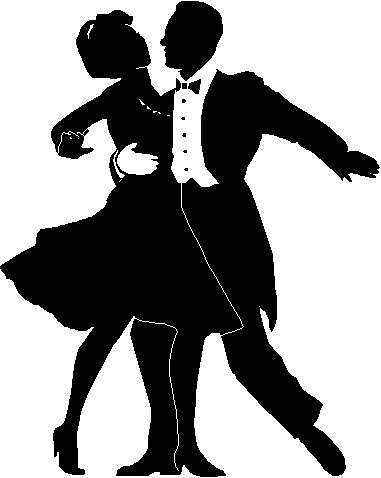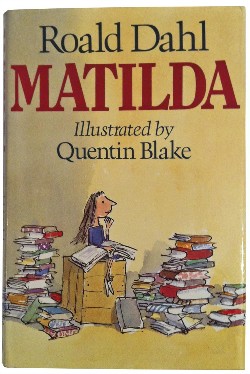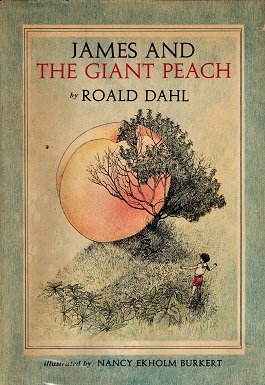When I was in
college I majored in English and a close friend, Mark, studied Anthropology. We
both loved out-of-the-way places. Mark had an eye for finding arrowheads and
imagining life thousands of years ago while I had more current stories inhabiting
in my head from the books I was reading.
When Mark got word
of where a cave entrance was he didn’t need to twist my arm to go check it out.
I was taking a Mark Twain Seminar and Tom Sawyer had just explored a cave.
We drove a maze of
Southern Indiana dirt roads, then finally pulled over at a land mark I don’t
now recall.
We stepped over a
barbwire fence with a No Trespassing
sign on it (a lot of our hikes started that way) and set off through the woods.
I don’t remember if we were following a trail or looking for landmarks. Mark
had the route in his head and I followed him.
After about twenty
minutes we stopped at a hole in the ground about as big around as a manhole—the
entrance to the aptly named cave, Trapdoor. To access the cave we had to lower
ourselves down, then dangle from our forearms and drop. We knew the bottom
would be there just a foot or two down, but still, there was hesitation on my
part. But once Mark dropped and was just standing there unharmed, I swallowed
my heartbeat and dropped too.
We could’ve brought
high-powered flashlights with us but we didn’t. Me, in my Tom Sawyer mindset,
and Mark, in his prehistoric fascination, both lit candles and proceeded to
navigate through the darkest place I’d ever been.
We walked slowly
out of necessity—the cave walls eating our meager light. We spoke in quiet
voices—transported back in time.
By the time we’d covered
the quarter mile obstacle course of slanting, loose, dark rock peppered with
boulders to the end of the cave and then back to the entrance, all we could see
as we peered up was a slice of starry sky.






.jpg)





